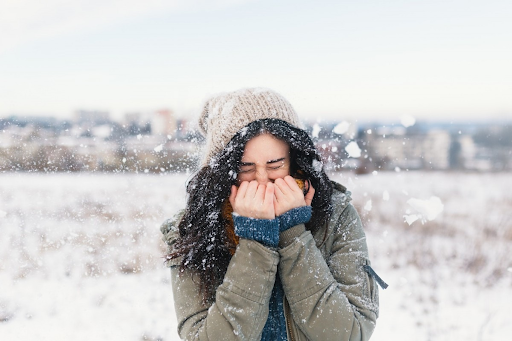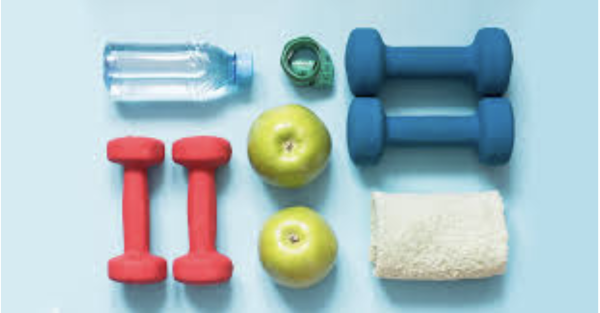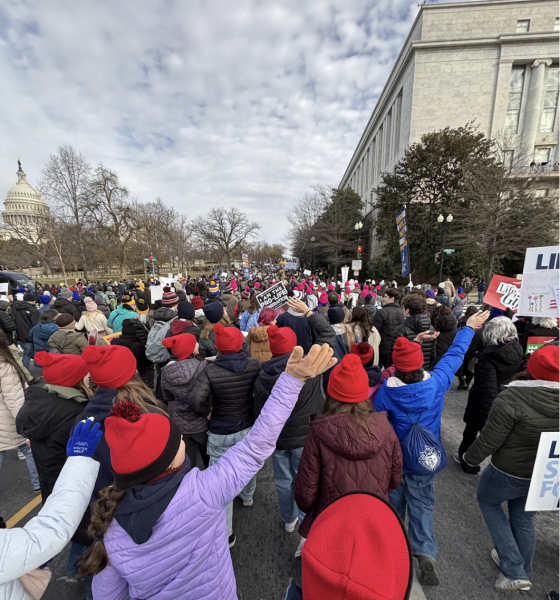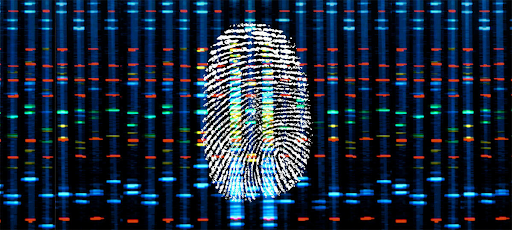Why do your lips get chapped in the winter?

Why do our lips get chapped in the winter? And what can we do about it?
It’s December! Time for candy canes, hot chocolate, fresh snow — and chapped lips. The desperate search for a chapstick during class is not something I look forward to. I was fine without it for months. Why do I need it now?
If you had to guess, you’d probably say it’s the cold. And you’d be right, mostly. In the winter, there is also less humidity, since the air can’t hold as much moisture. The cold, dry air dries out your lips.
But why do you only notice dryness on your lips? Your lips have a thinner layer of skin, and according to Healthline, they don’t have oil-producing glands. Oils form a protective layer on the skin, holding in moisture, so if your lips don’t have oil-producing glands, they won’t get that protective layer. Because of that, they are more likely to dry out than, say, your nose.
Your lips are also closest to your tongue, and as tempting as it may be to lick your lips to “moisturize” them in a moment of need, don’t. The saliva will feel good for a minute, but when it evaporates, it’ll leave your lips drier than before.
According to the Healthline article, there are a few steps you can take to combat the dryness. Of course, you can use chapstick or a petroleum jelly (preferably unscented to avoid irritation). Your lips also get more chapped if you’re dehydrated, so drink up! Even though it’s cold, and you may not feel like drinking, it will help. If your lips are super chapped, consider wearing a scarf over your mouth when you go out in the cold to minimize the effects of the cold air. Good luck this winter, and whatever you do, don’t lick.
By Hana Shinzawa ‘24, Co-Assistant Editor-in-Chief and Science Editor
24hshinzawa@montroseschool.org










